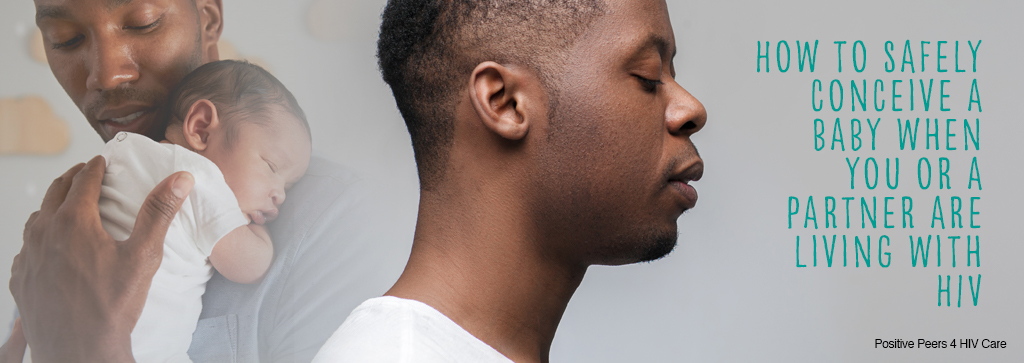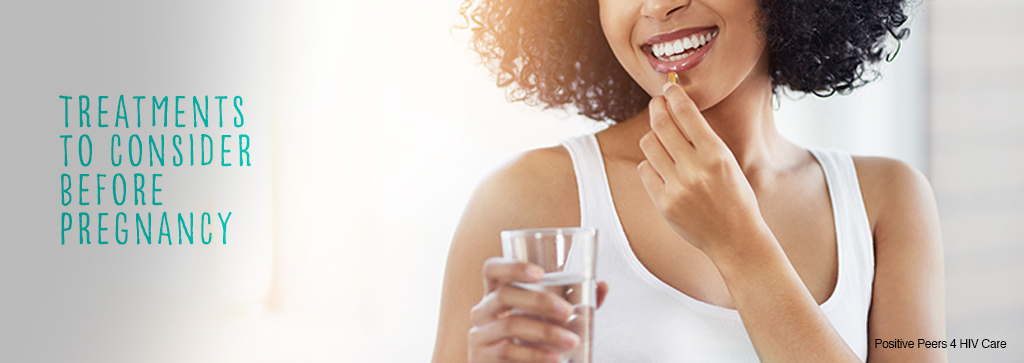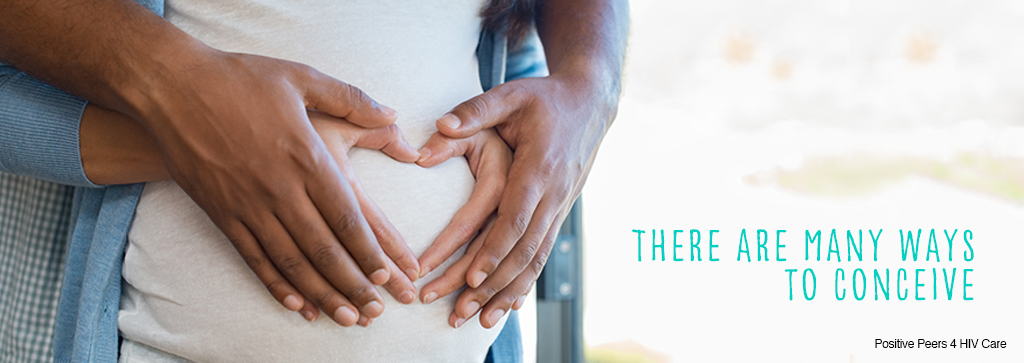
By: Ann K. Avery, MD, Infectious Disease Physician at MetroHealth Medical Center
Living with HIV is very different than it used to be. Today, folks are living full, healthy lives. Thanks, modern medicine! All of this means if you and your partner dream of having a family, it doesn’t have to be a pipedream. It’s very possible for one or both partners living with HIV to have a family.
A serodiscordant couple is a couple where each person has a different HIV status. One person is living with HIV, and the other person isn’t. The CDC recently released some incredible information on a study they conducted on mixed status couples. In the study of 3,000 different sexually active couples, not one of them transmitted HIV to the partner who didn’t have it!
It’s totally possible to have both a healthy pregnancy and HIV negative baby if you or your partner live with HIV. Talking to your doctor about family planning is vital. Having information on both planned and unplanned pregnancies beforehand is really important. If you’re a woman living with HIV and plan to carry your child, then having a conversation with the doctor about the best HIV meds to take while pregnant is important. Talking to both an OB/GYN doctor and an HIV doctor is recommended.
It’s crucial that you find a supportive doctor if you or your partner are living with HIV and want to conceive. You deserve the same care and support from doctors as every other couple.

Ways to conceive
Before trying to conceive, make sure you both treat any STIs you have to lower the chance of passing HIV or other STIs to your partner.

Unprotected vaginal intercourse
With unprotected sex comes the chance of passing on HIV to your partner. The good news is that if the partner living with HIV has an undetectable viral load, they can’t pass it on! If the HIV negative partner is on PrEP, it will lower the chance of transmission, too. If you have unprotected sex during peak ovulation, you’ll be more likely to get pregnant. It will be safest for you and your partner to try to conceive if:
- The partner living with HIV is being treated for HIV and takes their meds properly.
- They’re undetectable for six months or more.
- You’ve both been tested and don’t have any STIs.
- The partner without HIV takes PrEP as prescribed by the doctor.
Home insemination
Home insemination is a pretty simple (and inexpensive) way to have a baby. The man has to ejaculate into a condom without spermicide or a clean cup while the woman’s vagina is fertile or ovulating. They can either have vaginal sex with the condom on or masturbate; either way will work. After that, take a baster or a syringe without a needle and insert the cum into the vagina. It’s most effective if the woman lies down for about 20 minutes afterward. Some people even say to keep your legs up (a “legs up the wall” pose for you yogis out there!).
Come join our private, stigma-free, supportive community.
Health management tools with medication & appointment reminders.
Social networking in a community conversation & private chats.
Assisted reproduction
This method of getting pregnant typically happens at a fertility clinic using technology. In the past, many fertility clinics would refuse to help people living with HIV become parents, though now, they offer many different services.
- Oligospermia cup insemination (OGI): This is probably the easiest procedure done at a fertility clinic. Using something that works a lot like a diaphragm, sperm gets put into a cup and fastened to the cervix. Rather than preventing pregnancy, though, the cup encourages sperm to go inside the uterus to fertilize an egg.
- In utero fertilization (IUF): During IUF, sperm gets injected inside the uterus to boost fertilization.
- In vitro fertilization (IVF): Taking fertility drugs helps the ovaries produce more eggs than normal. The eggs then get extracted and introduced to sperm in a petri dish. The sperm can either be from the father or a sperm donor. After the eggs become fertilized, the embryo gets implanted into the uterus lining.
- Intracytoplasmic sperm insertion (ICSI): ICSI involves just one sperm being injected into an egg before the embryo is implanted into the uterus or fallopian tubes.
Egg donation
Egg donation is a combo of IVF and eggs donated from another person. The eggs first get checked for fertility problems and any diseases before the eggs are put in the womb that way you can still carry your baby if you want to. If you decide to use donated eggs to get pregnant, you still have to take your HIV meds to keep from passing it onto the baby.
Surrogacy
During surrogacy, you or your partner’s egg is fertilized, like during IVF, but the egg gets implanted into someone else’s womb instead. That person carries and delivers the baby for you, while you are still legally the parent. With an HIV-negative surrogate, you don’t have to worry about your baby born with HIV.
Adoption
HIV is considered a chronic medical condition, and people with chronic medical conditions sometimes have a harder time adopting children. It’s still possible, though! State laws and adoption agency policies are different everywhere. Just be sure to do your homework and talk to a lawyer for advice about adoption.
Conclusion
Whether you’re trying to conceive a baby or not, it’s really important for the HIV positive partner to be on antiretroviral treatment with an undetectable viral load.
Living with HIV doesn’t have to impact your dream of having a family! Modern medicine offers so many options to make your dreams come true.
Related Blogs:


